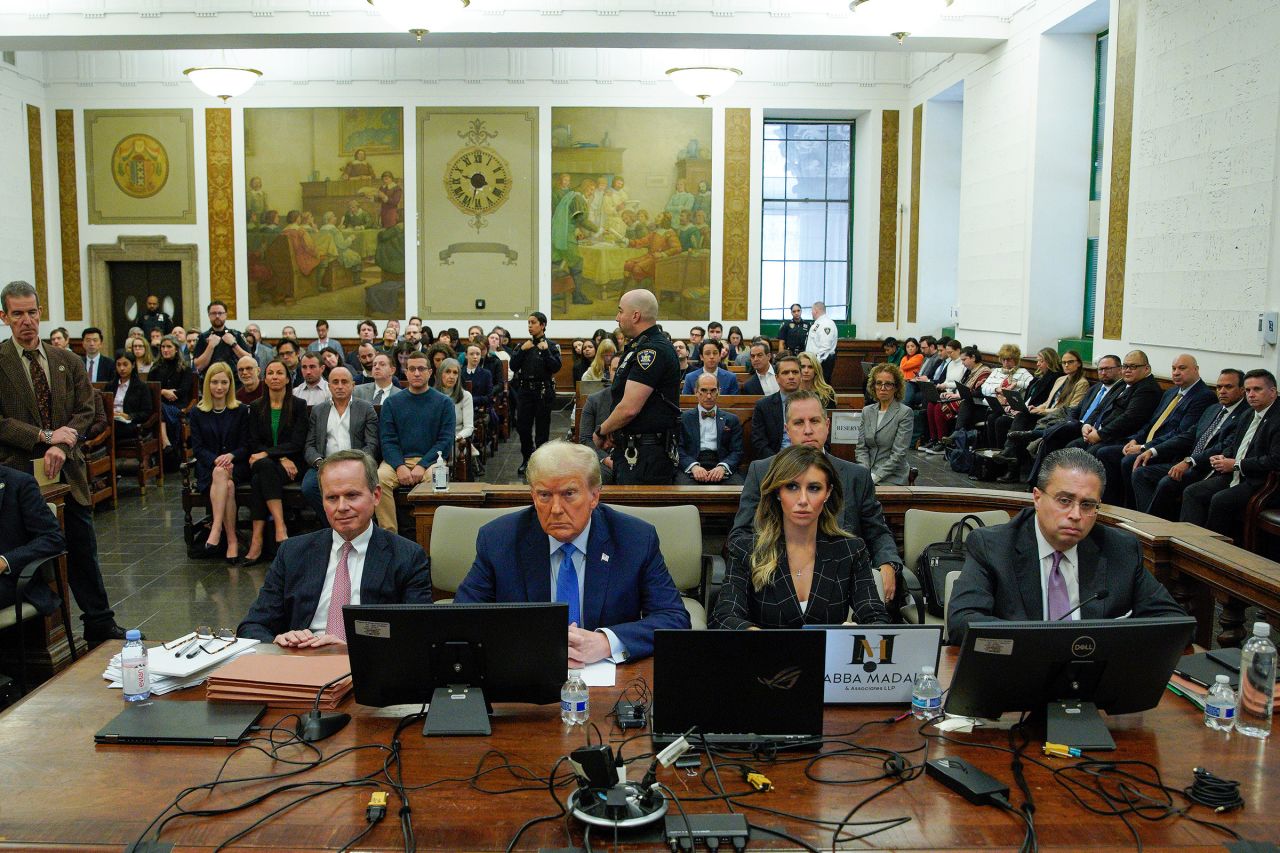ATLANTA, USA — A Georgia appellate court on Thursday, December 19, 2024, disqualified Fulton County District Attorney Fani Willis and her office from prosecuting Donald Trump and 18 co-defendants in the sprawling racketeering case stemming from efforts to overturn the 2020 election.
The decision, citing “an appearance of impropriety” linked to Willis’ past romantic relationship with special prosecutor Nathan Wade, is expected to severely disrupt the case.
It comes as Trump prepares to assume the presidency following his victory in the 2024 election, with federal prosecutors having already dropped a parallel case against him.
“After carefully considering the trial court’s findings in its order, we conclude that it erred by failing to disqualify DA Willis and her office,” the court wrote in its ruling, overturning an earlier decision by Fulton County Superior Court Judge Scott McAfee.
The court noted that the remedy crafted by McAfee—requiring Wade’s resignation while allowing Willis to continue—was insufficient to address concerns over public confidence in the integrity of the proceedings.

Trump Team Celebrates, Willis Vows Appeal
Trump’s legal team hailed the ruling as a victory.
“This well-reasoned and just decision puts an end to a politically motivated persecution of the next President of the United States,” said Trump attorney Steve Sadow.
Trump spokesperson Steven Cheung echoed this sentiment, stating, “The American people have demanded an immediate end to the political weaponisation of our justice system and a swift dismissal of all the Witch Hunts against him.”
Willis’ office filed a notice to appeal the ruling to the Georgia Supreme Court.
Under Georgia law, disqualification of a district attorney triggers the removal of their entire office from the case, leaving the task of appointing a new prosecutor to the Prosecuting Attorneys’ Council of Georgia.
Legal and Political Implications
The appellate court stopped short of dismissing the case, which includes racketeering and conspiracy charges against Trump, Rudy Giuliani, Mark Meadows, and others.
Legal experts warn, however, that assigning the case to a new prosecutor presents logistical and political challenges.
“This is the rare case in which disqualification is mandated and no other remedy will suffice to restore public confidence,” the appellate court’s ruling stated.
Judge Benjamin Land dissented, arguing that an “appearance of impropriety,” without evidence of actual conflict or impropriety, does not warrant disqualification.
“For at least the last 43 years, our appellate courts have held that an appearance of impropriety, without an actual conflict of interest or actual impropriety, provides no basis for the reversal of a trial court’s denial of a motion to disqualify,” Land wrote.
The court’s ruling relied on allegations originally brought by Michael Roman, a co-defendant and former Trump campaign aide.
Roman’s attorney accused Willis of benefiting financially from her relationship with Wade and claimed their romance began before his appointment.
Willis and Wade admitted to dating but testified the relationship began after Wade’s appointment.
McAfee previously found no evidence of an “actual conflict” but criticised the pair for their “tremendous lapse in judgment.”
Challenges for the Case Ahead
The case now hinges on the ability of the Prosecuting Attorneys’ Council to find a new prosecutor willing to take on the complex and high-profile matter.
Pete Skandalakis, the council’s executive director, noted earlier this year that any replacement prosecutor could continue the investigative work done by Willis’ office but could also modify or discard parts of the indictment.
The appointment process could take months, further delaying a trial that has already been hampered by legal and political obstacles.
Trump and his co-defendants were indicted in August 2023 on charges that included pressuring state officials to overturn Georgia’s election results, harassing election worker Ruby Freeman, and accessing voting data in Coffee County.
Four co-defendants have pleaded guilty, while Trump and 14 others maintain their innocence.
The case represents one of the last remaining legal threats to Trump as he prepares to assume office in January 2025, casting doubt over whether it will ever proceed to trial.







